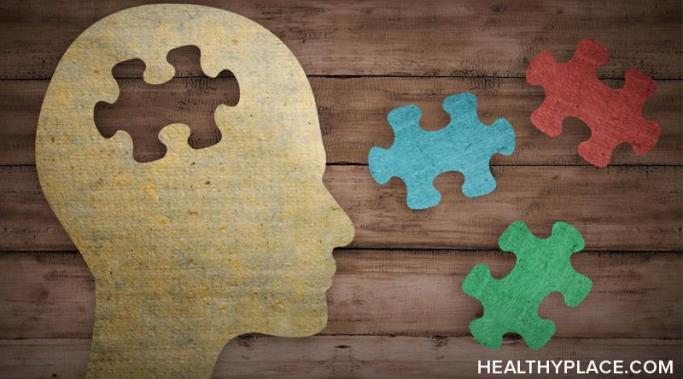Maintaining and improving your cognitive skills, or the ability to use your brain, is an integral part of living happily into old age. Your cognitive skills allow you to think, reason, and process information. Small changes in your daily routine can strengthen these abilities, boosting your brainpower, mood, overall wellbeing, and emotional state.
Self-improvement - Living a Blissful Life
With the rise of "main character energy" in the post-pandemic, there's been a lot of buzz over the past few years over the notion of "romanticizing your life." In short, this idea urges you to fall in love with your own existence the same way you might fall in love with another person. A simple Google search yields list upon list of ways you can do this. This content is fun and zesty but ultimately flawed. Approaching your romance with yourself with dos and don'ts is as effective as wooing a crush by giving them a handbook. True romance is spontaneous and melting, not structured and task-oriented. If you're interested in romanticizing your life, there's a simpler way.
It's hard to deny exercise's many positive effects on the body, and going outdoors and getting into nature is a great way to refresh your mind. Combining the two and heading outside to go hiking could be the perfect solution if you want to improve your physical and mental fitness together at the same time.
Generally speaking, I'm not a very good liar, but I am excellent at lying to myself. I count myself amongst the majority in this department. Most people value honesty and seek to use it in their relations with others, but when it comes to themselves, they may be so adept at deception that they don't even know they're doing it. But self-honesty and not lying to yourself matters.
In a perfect world, it would be nice to avoid adversity altogether, but unfortunately, everybody has to face unfavorable circumstances at some point. However, dwelling on adversity only leads to dismay, and focusing on the potential positive outcomes in any situation is much more likely to work in your favor.
I celebrate life's journey -- some days more than others.
Looking back at all my past problems from where I am today, it's often hard to remember just how low I felt. It's hard to remember the many years I spent stuck in a vicious cycle of anxiety, panic attacks, and obsessive-compulsive disorder (OCD), not knowing if I would ever be able to break free and live a happy and fulfilling life again. There were intermittent periods of depression when I was unable to see any reason for existence. Thankfully, those days are over.
One of the best pieces of advice I've ever received was to stop trusting my emotions, which means, don't trust my gut. I had gone to see an acupuncturist with a strained back and an abundance of curiosity. He palpated my ovaries, eyelids, and the like for a half minute before diagnosing my issue as one of emotional over-indulgence. He stuck a couple of dozen needles in me, left me alone for 20 minutes, and returned with his treatment plan. "You shouldn't trust your gut so much," he suggested and sent me on my way.
Do you have any negative beliefs (those which usually deliver an unwanted outcome)? Have you ever thought about why you believe some things and not others? Did you learn them at school, or are they the result of your experiences? Do your thoughts and ideas create positive or negative outcomes? It's worth taking the time to look at your beliefs, as they make up a fundamental part of your ability to experience happiness and have a powerful influence over your life, and replacing negative beliefs can be beneficial.
I remember visiting my therapist when I was learning to cope with obsessive-compulsive disorder (OCD), and one of the things he said was, "Mr. Brocklebank, you have set yourself a very high bar." Of course, I knew this already. I have been painstaking and particular about everything I do for as long as I can remember—what some might call a perfectionist. But is perfection something you should try to achieve, or can you be happier without it? As a perfectionist, can you ever meet the uncompromising standards you set for yourself? Should perfectionism ever be a goal?









